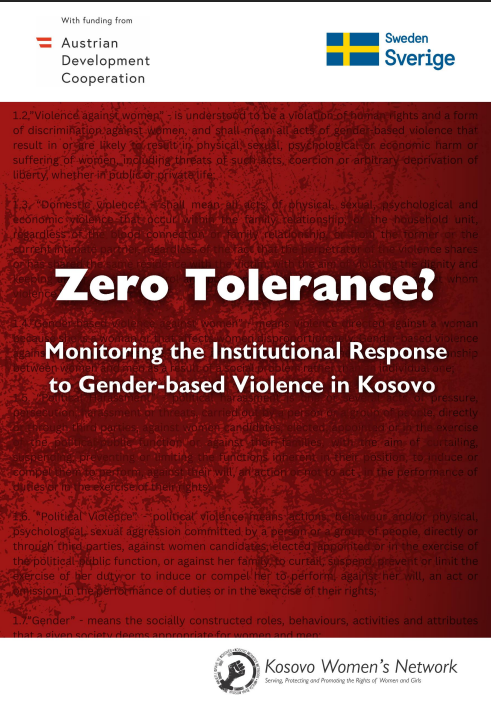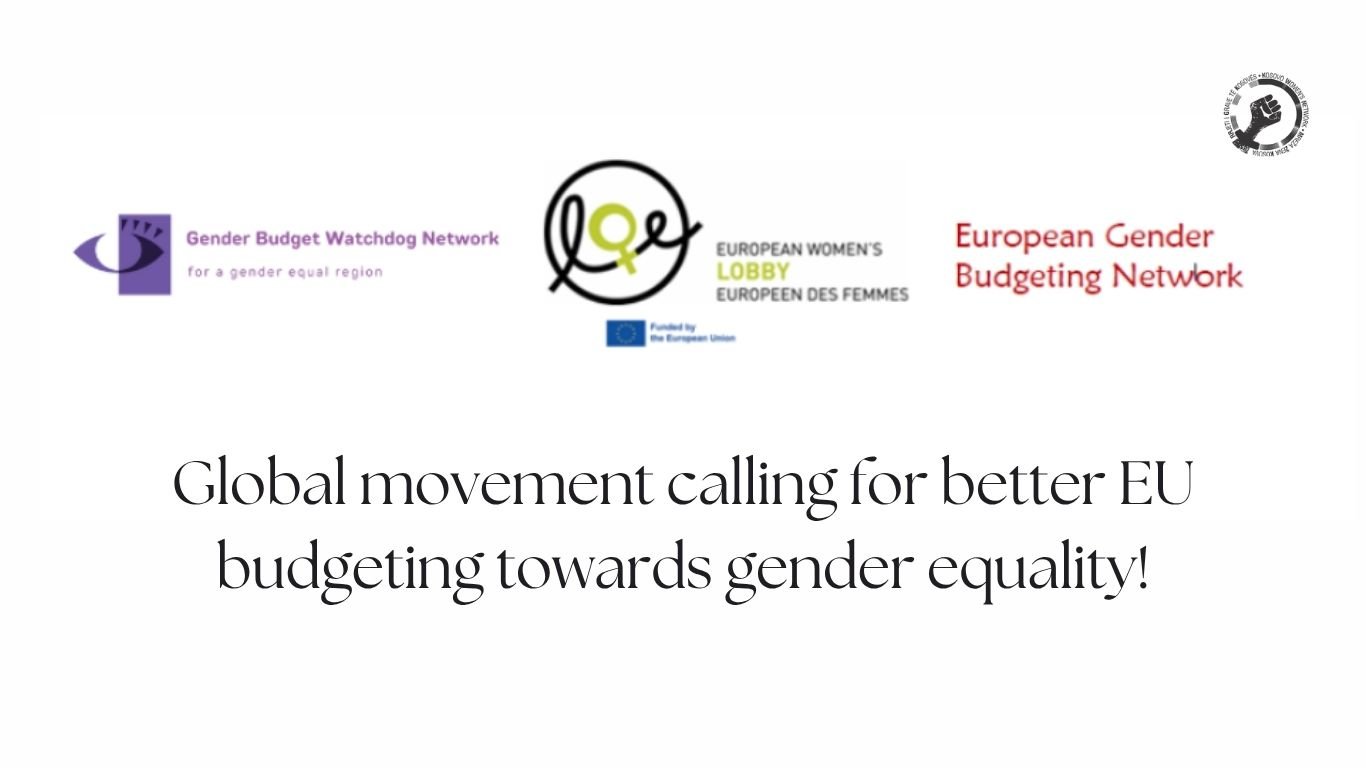The Kosovo Women’s Network conducted an in-depth study to analyze the prevalence, nature, and impact of the informal economy on diverse women and men. It aims to assist the Government of Kosovo and the European Union in developing strategies that address informality with a gender-responsive, do no harm approach.
The informal economy poses significant challenges to Kosovo’s development. Informal workers often work without contracts and basic rights, facing insecurity and low incomes. This situation is particularly difficult for women, who have less access to information and support to claim their rights. Women’s unpaid care work, involvement in family businesses, and agricultural labor often remain hidden, in the shadows.
This research involved a gender analysis of laws and policies, a representative survey conducted across Kosovo with 1,623 households, and interviews with various stakeholders, including informal workers. It was co-financed by the European Union and the Swedish International Development Agency with synergy support from the UN Food and Agriculture Organisation for the survey.






